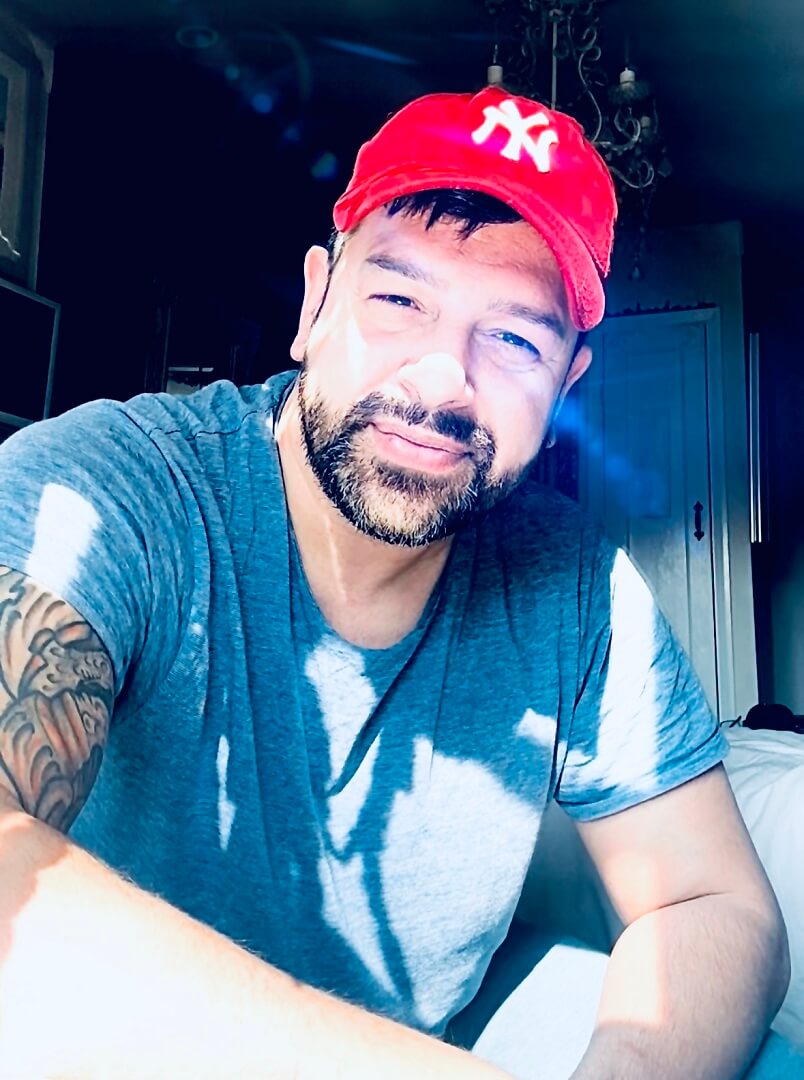Depression isn’t just an adult problem. It’s a serious mental health issue that can affect children and teenagers too. As someone who has battled anxiety and depression since childhood, I understand how overwhelming and isolating these feelings can be, especially for young people. That’s why I’ve created this guide to help children, teenagers, and their parents understand depression better.
What is Depression?
Depression is more than just feeling sad or having a bad day. It’s a mental health condition that affects how you think, feel, and act. For young people, it can make everyday activities like going to school, hanging out with friends, or even getting out of bed feel impossible.
Signs of Depression in Children and Teenagers:
- Feeling sad, hopeless, or irritable most of the time
- Losing interest in activities they used to enjoy
- Changes in eating habits – eating too much or too little
- Sleeping too much or having trouble sleeping
- Feeling very tired or having little energy
- Trouble concentrating or making decisions
- Feeling worthless or very guilty
- Thinking about death or suicide
If you notice these signs in yourself or someone you know, it’s important to reach out for help. Remember, having these feelings doesn’t make you weak or different, many young people experience depression, and it’s nothing to be ashamed of.
How Depression Affects Young Lives:
Depression can impact every part of a young person’s life. It might make it hard to do well in school, enjoy hobbies, or spend time with friends and family. Some young people with depression might start to withdraw from others or feel like no one understands them.
As someone who’s been through this, I know how lonely it can feel. But it’s important to remember that you’re not alone, and there are people who want to help.
Getting Help:
If you think you or someone you know might be depressed, the first step is to talk to someone you trust. This could be a parent, teacher, school counsellor, or your doctor. They can help you get the support you need.
There are different ways to treat depression, including:
- Talking therapies: Like cognitive behavioural therapy (CBT), which helps you understand and change negative thought patterns.
- Medication: Sometimes, doctors might prescribe medicine to help manage depression symptoms.
- Lifestyle changes: Things like regular exercise, a healthy diet, and good sleep habits can help improve mood.
- Support groups: Talking to other young people who understand what you’re going through can be really helpful.
Remember, what works for one person might not work for another. It might take some time to find the right combination of treatments for you.
How to Support a Young Person with Depression:
If you’re a parent, friend, or teacher of someone with depression, here are some ways you can help:
- Listen without judgement: Sometimes, just being there to listen can make a big difference.
- Encourage professional help: Support them in getting help from a doctor or therapist.
- Be patient: Recovery takes time, and there might be good days and bad days.
- Learn about depression: The more you understand, the better you can support them.
- Take care of yourself too: Supporting someone with depression can be challenging, so make sure you’re looking after your own mental health as well.
My Personal Journey:
As I mentioned in my ‘About Us‘ story, I’ve struggled with anxiety and depression since I was young. I know firsthand how frustrating it can be to deal with long waiting lists and a lack of understanding from some professionals. That’s why I believe it’s so important for young people to have access to support and resources that really understand what they’re going through.
Through my own experiences, I’ve learned that while professional help is crucial, sometimes talking to others who have been through similar experiences can be incredibly helpful. That’s why I’ve created online spaces where young people can connect and support each other without fear of judgement.
Breaking the Stigma:
One of the biggest challenges young people with depression face is the stigma around mental health. Many feel embarrassed or scared to talk about how they’re feeling. But the truth is, depression is a real illness, just like any physical health condition. The more we talk about it openly, the easier it becomes for young people to seek help.
Remember, having depression doesn’t define you. It’s a part of your experience, but it’s not who you are. With the right support and treatment, many young people with depression go on to lead happy, fulfilling lives.
If you’re a young person dealing with depression, or if you’re worried about someone who might be, remember that help is available. Don’t be afraid to reach out and ask for support. You don’t have to face this alone.
And to all the parents, teachers, and friends out there, your support can make a world of difference. By understanding depression and offering compassion, you can help young people navigate this challenging time and come out stronger on the other side.
Together, we can create a world where young people feel supported, understood, and empowered to take care of their mental health. Because every young person deserves to feel happy, healthy, and hopeful about their future.

